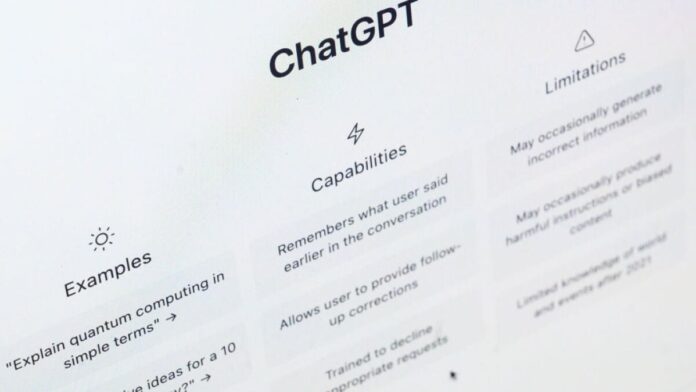OpenAI has begun testing group chat functionality within ChatGPT, allowing up to 20 users to collaborate with the AI in a shared conversation. This feature, designed for project planning, brainstorming, or simply collective interaction, operates separately from individual ChatGPT sessions to ensure user privacy.
Limited Availability
Currently, the group chat pilot is restricted to users in Japan, New Zealand, South Korea, and Taiwan. OpenAI states this limited rollout allows them to gather feedback and refine the feature before wider expansion. Users in other regions, including the United States, will need to wait for future updates.
How to Access the Feature
For eligible users, accessing group chats is straightforward:
- Tap the people icon in the upper-right corner of any existing ChatGPT chat.
- Share the generated link with up to 19 other participants.
- A new, dedicated group chat will be created, separate from individual conversations.
Each participant will be prompted to create a basic user profile to identify themselves within the group. All group chats are organized in a separate section of the sidebar for easy access.
Why This Matters
The introduction of group chats signals OpenAI’s intention to move beyond individual AI interactions toward more collaborative experiences. This could reshape how teams brainstorm, students collaborate on projects, or even how friends plan events. By limiting the initial rollout, OpenAI aims to manage scalability and gather targeted user feedback before broader implementation.
Disclosure
It is important to note that Ziff Davis, the parent company of Mashable, has filed a copyright infringement lawsuit against OpenAI, alleging unauthorized use of copyrighted material in training its AI systems. This legal dispute does not directly affect the functionality of the group chat feature, but it represents an ongoing tension between AI developers and content creators.
The expansion of ChatGPT’s group chat functionality remains a developing story. As OpenAI gathers user feedback and addresses potential scalability concerns, wider availability may follow. For now, users outside the initial rollout regions will need to wait for further updates

































